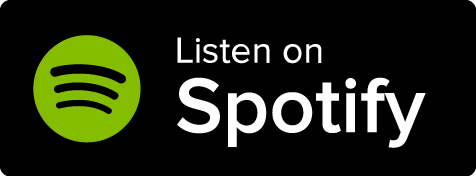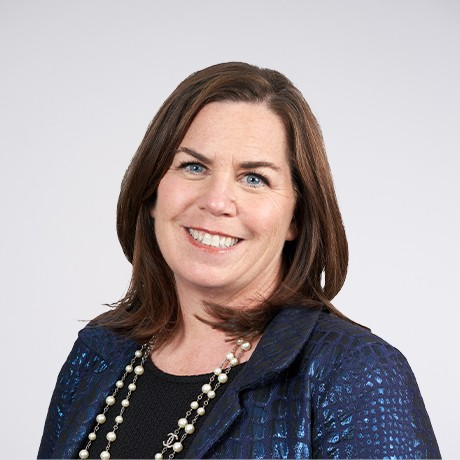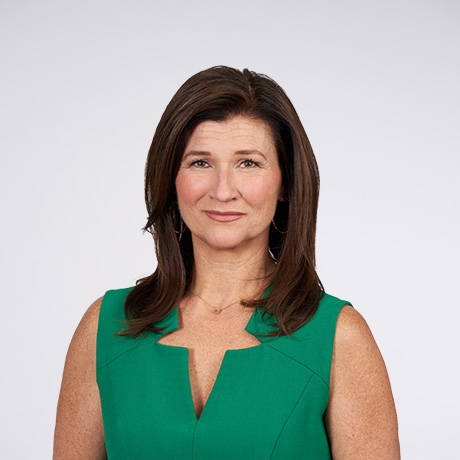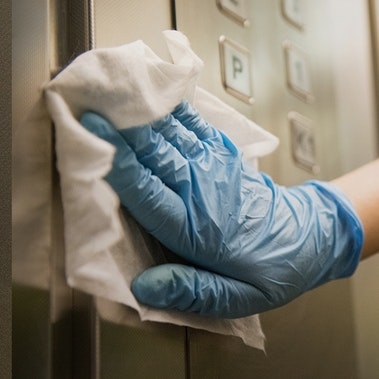Many people are yearning to get back to “normal.” But the post-COVID-19 economy will bear little resemblance to what the world looked like not long ago. COVID-19 is an opportunity for businesses to rethink both old assumptions and new operations.
In this episode of the Oliver Wyman Health Podcast, Terry Stone, Managing Partner in Oliver Wyman's Health & Life Sciences practice, and Helen Leis, Partner in Oliver Wyman's Health & Life Sciences practice, discuss a recent report they co-authored called The Long Haul: Getting Back to Work in a Changed Economy.
Subscribe to the Oliver Wyman Health Podcast, featuring executive conversations on the business of transforming healthcare.
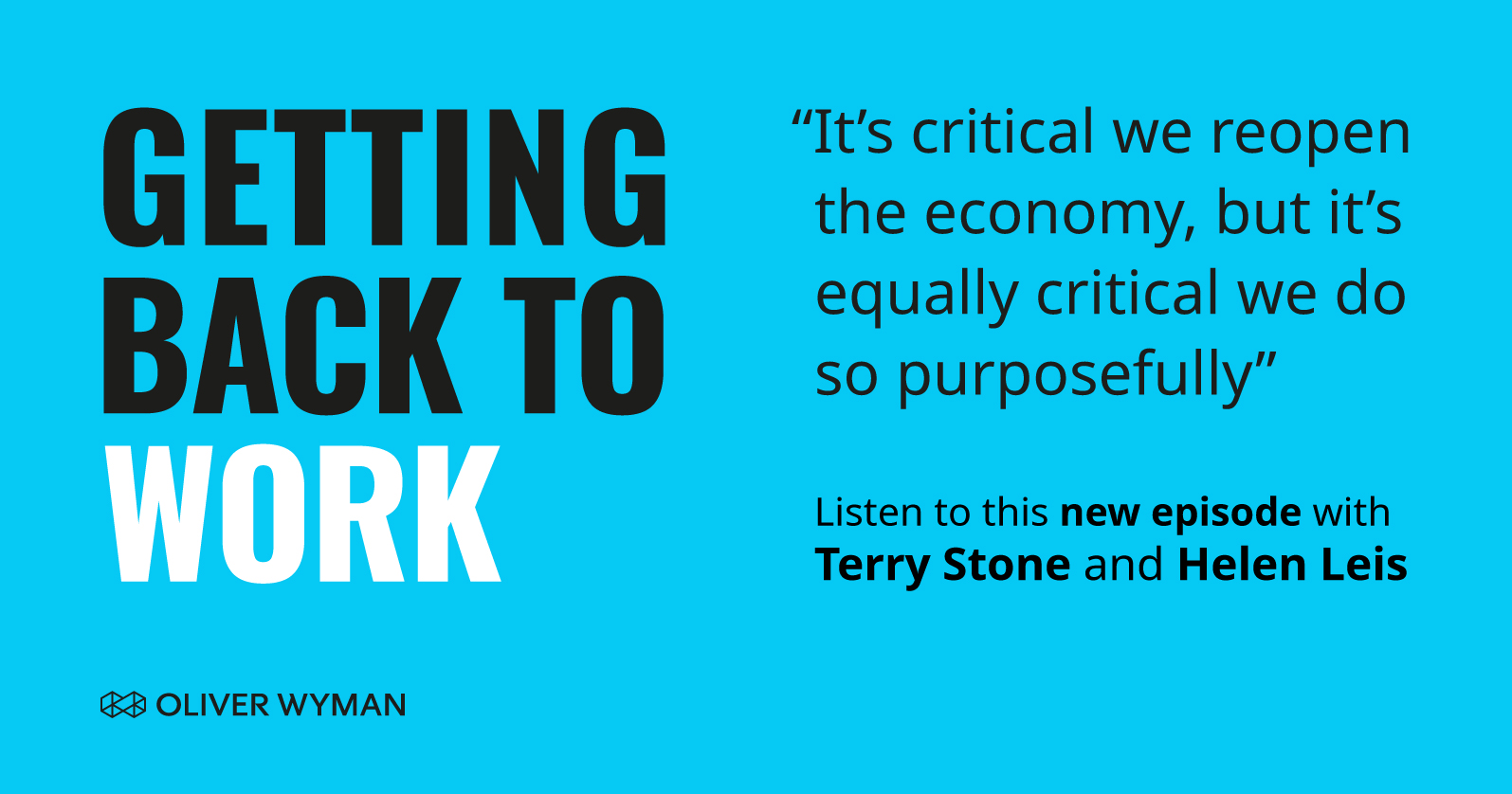
Memorable Moments From This Episode:
- "We don't have therapeutics that completely contain severe cases. We don't have a vaccine anywhere close at the moment. So, we're relying a lot on the private sector, like businesses and individual consumers making smart choices about mitigating risk."
- "We've now learned from multiple studies (Vo, Italy; Iceland; the Diamond Princess; the USS Theodore Roosevelt) that there is asymptomatic spread; the WHO has offered a fairly wide estimate where between 6 and 41 percent of people may have COVID-19 but not experience symptoms. In light of stats like these — and until we know more — it's not enough for just the visibly ill person to wear a mask. Everyone really needs to be wearing a mask in public, because you may be carrying the virus, be contagious, and not have symptoms. It’s also prudent to wear a mask in public if we want to avoid future shutdowns."
- "A lot of clients ask us, 'How often do I need to test my tens of thousands of workers?' The honest answer is daily. It's anytime they're coming into the building or starting a shift. New York state just required nursing home workers be tested twice per shift. Now, many are still struggling to figure out how to implement, execute, and track test results for all those employees."
- "A private-sector employer may say, 'I'm doing all the right things. I'm screening my employees before they enter a building. I'm asking everyone to wear masks. I'm doing testing at the beginning of every shift. But my people don't live in a bubble. They're circulating in a community and they may pick it up from a family member or someone else who's perhaps in a different situation work-wise. And then if that takes off in the community, they risk facing a subsequent shutdown.' If we've learned anything from the last three months, it's that policymakers are thinking through how else to avoid a shutdown and how to keep the economy moving forward."








